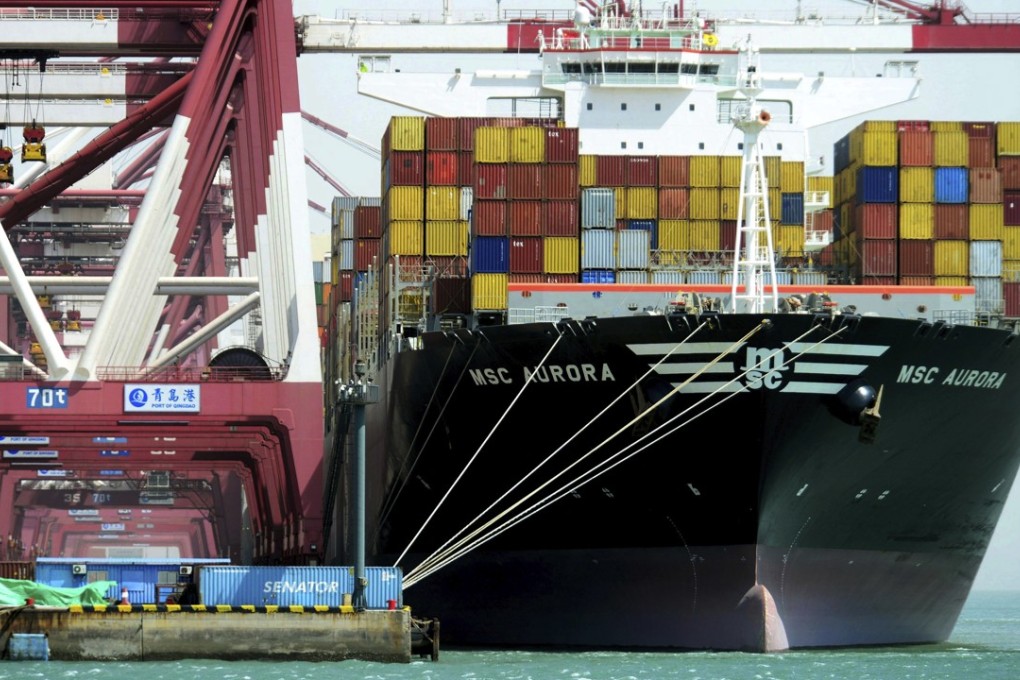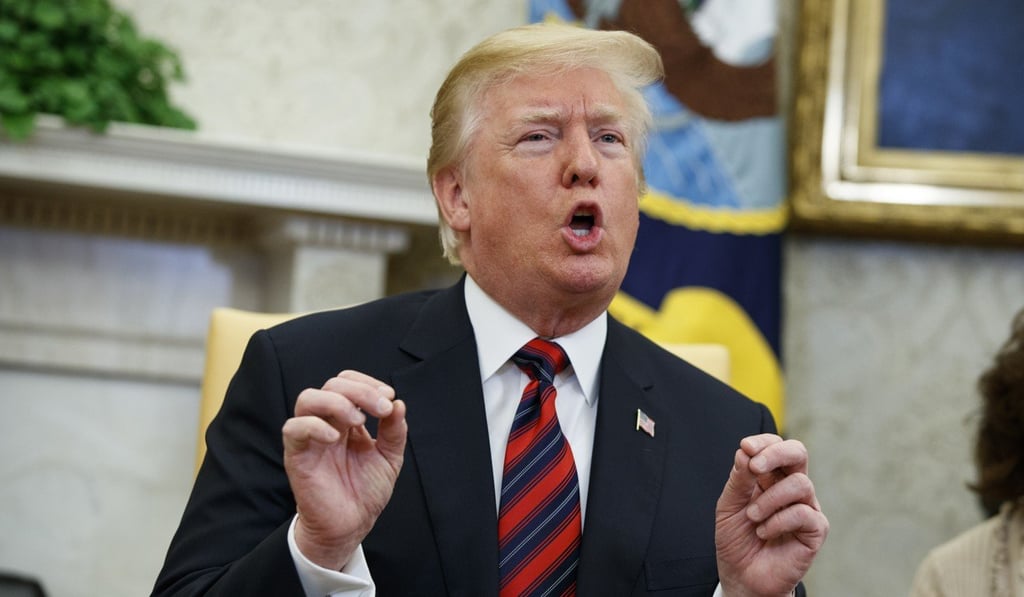US deals may become ‘political footballs’ as China hits back in trade row
Beijing could restrict US investment in the country and order Chinese firms not to do business with US companies, observers say

Beijing could take measures to restrict US investment in China and tell Chinese companies not to do business with American firms, as the trade row between the two countries deepens, observers say.
Foreign business groups said they had already seen cases where one or two European companies had gained procurement advantages as a result of the trade tensions, while some American firms were considering diversifying their investment outside China – though they stressed there was no indication of a trend.
The dispute worsened this week after US President Donald Trump announced on Monday that Washington would consider slapping tariffs on a further US$200 billion of Chinese products, and Beijing threatened to retaliate with forceful “qualitative and quantitative” countermeasures.

China was likely to use “more underhanded and damaging forms of retaliation such as instructions to Chinese companies and consumers to channel their business away from American companies, which also includes services and goods”, said James Zimmerman, a partner in the Beijing office of law firm Perkins Coie.
“There are always substitutes,” said Zimmerman, former chairman of the American Chamber of Commerce in China. “Retaliation by Beijing is a given, and the Chinese are prepared for a tit-for-tat relationship for the long haul knowing that Trump himself can’t stomach an interminable trade war.”